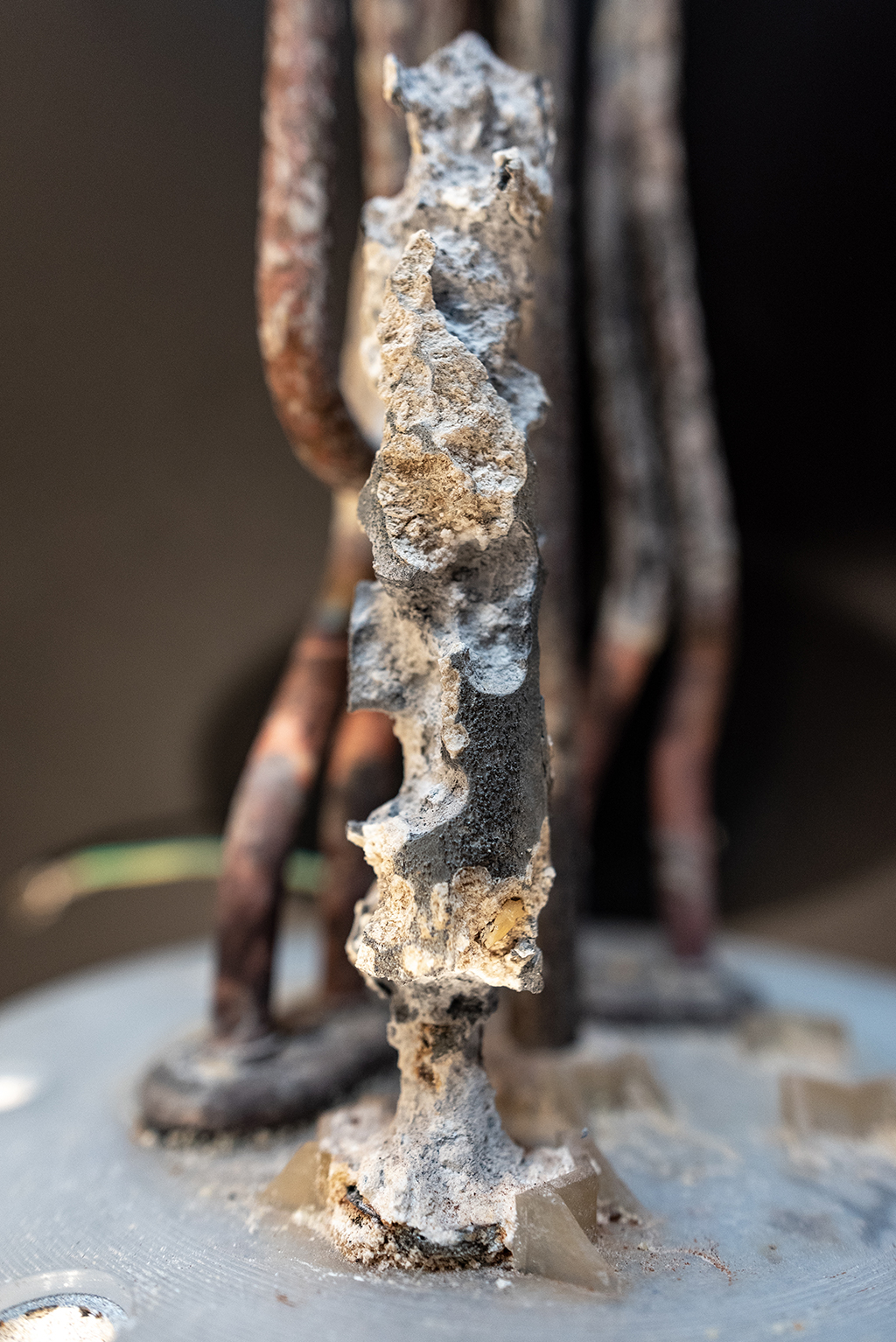
When Your Anode Rod Goes Bad It Is Probably Time For Overall Water Heater Repair And Maintenance | Conway, SC
Water heaters are essential plumbing and electrical appliances for most Conway, SC homes. They ensure that heated water flows through for various uses, including bathing, showering, handwashing, dishwashing, or even cooking. Hence, the homeowners are advised to ensure that they leave nothing to chance to ensure that the vital but expensive appliance is efficiently running.
This includes hiring a water heater repair professional for routine inspection and maintenance of the water heater. Water is known to cause corrosion, rust, and other harm to metallic objects. But, what protects the water heater tank from corrosion by the water, especially hot water?
With a lot of thought going into the design of a water heater, the unit is protected from rusting and corrosion by a component called an anode rod. This is a sacrificial metal with a higher corrosion rate than the water heater tank. But what is it? Does it get depleted? After how long should you change an anode rod? These are some of the questions that you will get the answer to in this post.
Sacrificial Anode Rod: What Is It?
If you are new to water heater components and terminologies, you might be wondering what an anode rod is. As you might have probably guessed, it is a metal that sacrifices itself to protect the water heater tank from the harmful impacts of corrosion. The anode rod is a long metal hanging from the top of the water heater tank and has a higher rate of corrosion than the material making the tank.
Whenever two dissimilar metals are connected to a plumbing system, one will experience galvanic protection while the other will most likely experience galvanic corrosion. This is primarily because of the electrochemical properties of metals and water. The less noble (anodic) metal corrodes to protect the more noble (cathodic) metal.
Hence, the water heater manufacturers leverage this plumbing insight to protect the water heaters by adding a big anodic metal rod in the tank. The sacrificial anode rod will experience galvanic corrosion over time while protecting the water heater tank. Hence, it gets depleted over time, and you might have to call a water heater repair professional several times over the water heater’s service life to replace the component. The anode rod attracts the mineral buildup and corrosion from the water flowing into the water heater tank, averting rusting.
If the sacrificial anode rod is completely encompassed in the sediment buildup or corroded, it can no longer protect the water heating unit. Hence, the water heater tank will begin corroding, weakening its walls and ultimately springing pinhole leaks. For this reason, homeowners are advised to retain a water heater repair professional for the routine inspection and maintenance of the water heater. The professional can gauge the time the anode rod will require a replacement.
How Often Should A Homeowner Change the Anode Rod?
Are you wondering how long you should replace the anode rod? The answer is simple; after every 2-4 years. However, this also depends on the quality of water that your home receives from the water utility provider. You might have to replace the component earlier if you receive hard water. After 2-4 years, the anode rod will likely be unable to provide complete galvanic protection of your water heater tank from corrosion. At this point, the water begins to eat away at your water heater tank itself. Hence, homeowners are advised to hire a water heater repair technician to replace the sacrificial anode rod after that period.
But why do some sacrificial anode rods have a higher corrosion rate than others? The primary cause of the difference between the corrosion rates is water quality. Hard water results in more mineral buildup and corrosion, while soft water will see the anode rod remain for several years. Hence, most homeowners have water heater repair professionals install a water softening system in their Conway, SC homes to ensure that the mineral ions that cause water hardness are removed.
What Can Happen If You Do Not Replace the Anode Rod?
As mentioned above, the anode rod is a critical component of any water heater. Unfortunately, some homeowners give their water heaters the last thought primarily because they are tucked away and still provide heated water. So, what will happen if the anode rod isn’t changed on time? It might result in inconvenient and costly side effects, including:
Reduced Water Heater Service Life
If you do not have a water heater repair professional, change the sacrificial anode rod; your water heater’s average service life diminishes. For instance, conventional water heaters have a service life of 10-13 years, with proper maintenance, including anode rod replacement. If you don’t change the anode rod in 3 years, the water heater tank will start corroding, ultimately weakening. This means that the water heater might even begin failing at five years without this critical care.
Voided Warranty
Because of the sheer cost of a water heater, the manufacturers include some warranty to lessen the financial burden on homeowners. This means that the manufacturer agrees to some replacement and repair services should your water heater run into some issues within a stipulated time. However, warranties come with conditions, one of which could be a routine anode rod replacement by a licensed water heater repair pro in Conway, SC.
This means that failing to change the anode rod within the indicated time will result in the automatic voiding of the warranty. However, if you take great care of the water heater and replace the anode rod, you could reference it, and the manufacturer will take care of the issue. This also applies to homeowners that have home insurance policies.
Seasonal Issues
Without routine maintenance, a water heater might become more susceptible to seasonal troubles, including winter water heater issues. Hence, homeowners are advised to call a plumber at the onset of winter to carefully and thoroughly inspect the unit and insulate the pipes to prevent heat loss.
Tank Damage and Water Heater Leaks
Pinhole leaks are inevitable if your water heater tank starts corroding. Unfortunately, whenever a water heater tank is compromised by corrosion, there isn’t fixing it, and your only option is to call a water heater repair professional for a replacement service. Water heater replacement is a costly option that you could have avoided by only replacing the anode rod.
Have you noticed that the hot water has a brown or yellowish color? Does the heated water have a rusty smell? That is a sign that the water heater tank or the pipes are rusting. One of the reasons for the corrosion is a depleted anode rod, and you should have it replaced. Hence, you should enlist the help of a plumbing professional near you for an anode rod replacement service. Do not hesitate to call us at Benjamin Franklin Plumbing of Myrtle Beach today for water heater repair and replacement services.

 843.582.0670
843.582.0670